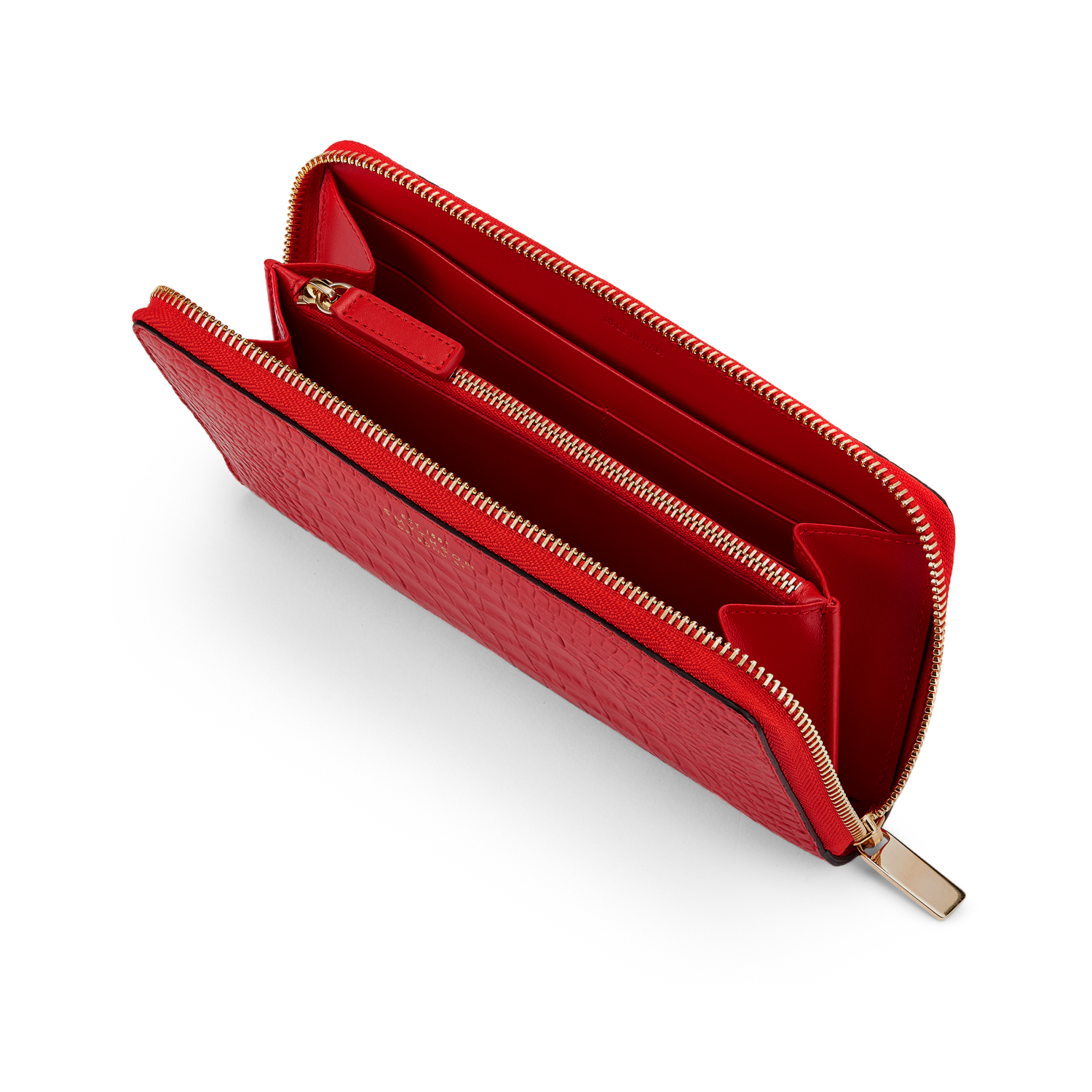

Cash is dead, a credit card company once boasted, but now it may be plastic's turn. Just as we all got used to paying for everything from a morning coffee to a new car with plastic, along comes a way to cut out the card. This time it's the same gadget that's been upending all the other areas of our life- the smartphone.
Making mobile payments at retail shops is just another step for the smartphone, which has become a vital part of our financial lives and a handy tool for shopping. We already use smartphones to compare prices, say for a new camera in an electronics store against other brick-and-mortar merchants and online vendors, or for emailing pictures of that new outfit to our friends before we buy. The next step is to use the smartphone to actually pay at the cash register.
A host of companies—from start-ups to technology titans and big credit card issuers—is working to do just that, posing a threat to both cash and plastic.
While the U.S. has led in many other areas of technology, in this case it’s playing catch-up. The mobile payment trend is well under way elsewhere in the world, primarily in Asia. Consulting firm Gartner estimated that more than 108 million people would use mobile payments worldwide in 2010, with 63 million of those in Asia and just 3.5 million in North America.
Now that’s beginning to change. For instance, Seattle-based coffee seller Starbucks earlier this year launched a way for its customers to pay by smartphone by using an app that takes information from a gift card and turns it into an on-screen barcode that can be read at the checkout counter. As a bonus, it also tells you how much money you have left on the card after your purchase.
The next step in smartphone payments is expected to be delivered via a technology called “near field communication” (NFC), in which a chip in the phone sends a radio signal just a few inches to a receiver at the checkout counter. The technology is an evolution of that used in “contactless” credit cards, such as MasterCard PayPass and Visa payWave cards.
Visa is adapting that technology to mobile phones. For now, the Visa system will require users to insert an NFC chip into their phone’s memory slot or into an iPhone case, but mobile device makers such as Nokia have said they will begin building the technology into their phones.
Google, whose Android operating system runs a growing variety of phones, plans on testing out a mobile payments system in New York and San Francisco this year. For now, however, Apple seems to be waiting for a little while longer before it putting the technology into its iPhones.
Wireless carriers are also getting into the act. AT&T, T-Mobile and Verizon Wireless have formed a joint venture to roll out a mobile payments system nationwide with an ultimate goal of turning smartphones into mobile wallets that eliminate the need to carry cash or credit cards. Payments would be handled through card issuer Discover.
While the mobile wallet idea will surely be convenient, the question for smartphones owners is just how secure it will be.
The Starbucks system, for instance, both demonstrates how easy it can be to make purchases by smartphone and highlights the potential dangers. Soon after Starbucks introduced the system, hackers said they could get around it by taking an unwatched phone and emailing a screen-capture of the barcode to their own phones.
While the potential loss there is limited to the value of the Starbucks card, it may be a different story when our smartphones are linked into our debit and credit accounts.
For that reason, it’s a good idea to take some elementary precautions before you trade in your real wallet for a mobile one.
The first precaution is not to leave your phone unattended—after all you wouldn’t leave your actual wallet on the table and walk away. You should also be aware of your surroundings when you’re using your smartphone for transactions or online banking.
You may also want to consider making sure you’re familiar with how to perform a “remote wipe” of your phone should it be lost or stolen. That may not get you your mobile wallet back, but it may help to limit the losses.




